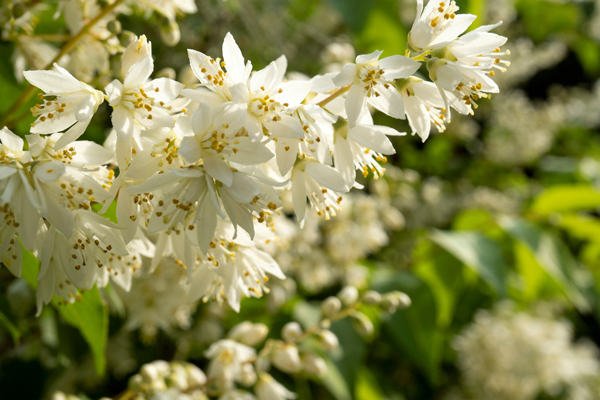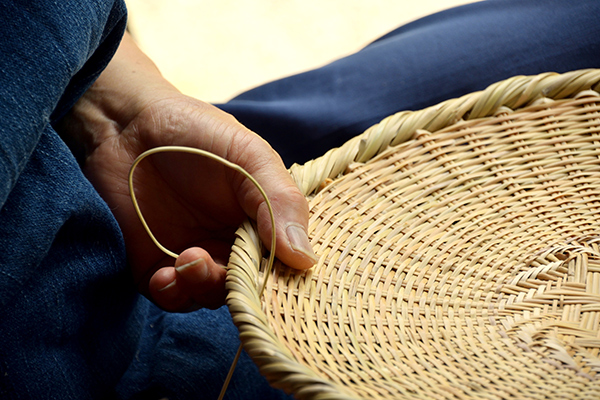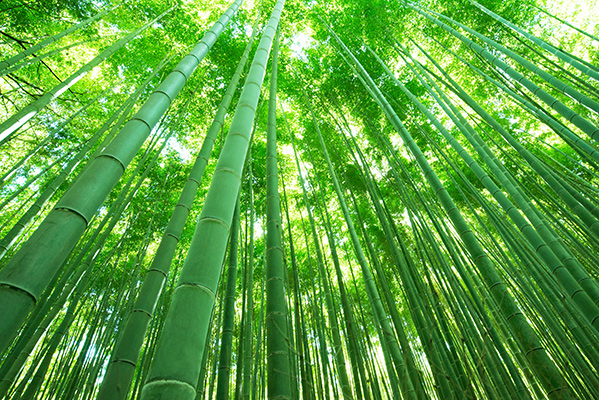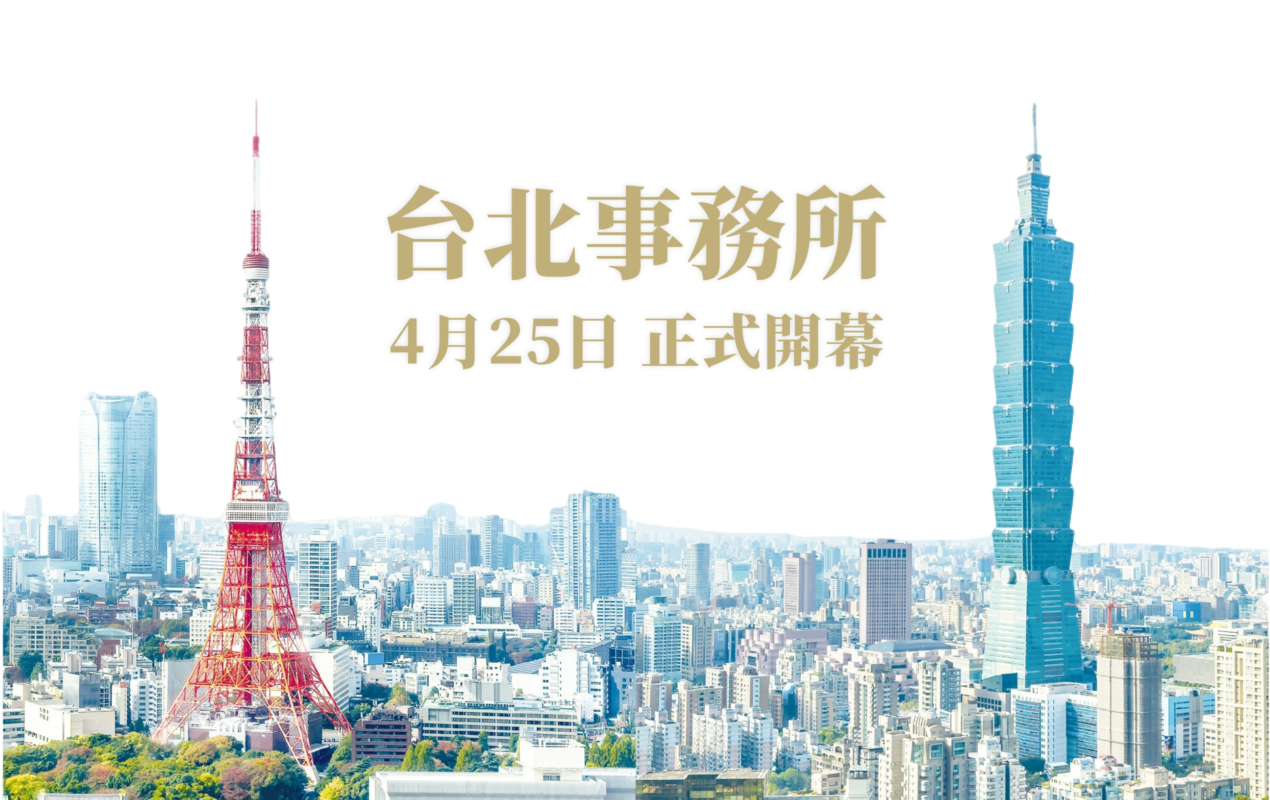In April, the Japanese calendar marks the beginning of a special holiday that heralds the start of the spring holidays. This is "Showa Day." This holiday is a day for Japanese people to reflect on their memories and history, and to think about the next era.
On the other hand, looking at the world, there are festivals held at the same time that celebrate "the rebirth of life" and "the arrival of spring." Representative examples include Thailand's "Songkran (Water Festival)" and the Christian "Easter."
In this series, we compare the differences in culture and values through holidays in Japan and around the world. This time, we will explore how the April holiday "Showa Day" and spring festivals around the world reflect on the past and welcome spring.
1. Japanese Holiday: Showa Day
• Holiday Name: Showa Day
• Date: April 29
• Background and Meaning: Showa Day is derived from the birthday of Emperor Showa (April 29, 1901) and was established as a holiday in 2007 with the purpose of "reflecting on the Showa era, which went through turbulent days, and thinking about the future of the country." It is a day to look back on the significant changes brought by the Showa era, such as war, reconstruction, and rapid economic growth, and to think about Japan now and in the future.
• Features:
• A holiday to quietly reflect on themes of history and memory.
• An opportunity to convey the "meaning of the era" not only to the older generation but also to the younger generation.
• Exhibitions and events themed around "Showa Retro" are held in various places.
• A time to reaffirm the origins of Japan, such as post-war reconstruction and rapid growth.
2. Relationship Between Showa Day and Golden Week
Showa Day is a fixed holiday on April 29th every year and serves as the gateway to Japan's long holiday period known as "Golden Week." The term "Golden Week" began to be used in the 1950s when the film industry saw a sharp increase in box office revenue during this period, and it has now become synonymous with Japan's major spring holiday.
What is Golden Week?
• Generally, it is a holiday period from April 29th to around May 5th.
• It starts with Showa Day on April 29th and continues with Constitution Memorial Day on May 3rd, Greenery Day on May 4th, and Children's Day on May 5th.
• Depending on the year, it can be extended to a maximum of 9-10 consecutive days off when combined with weekends.
How About the Rest of the World?
There are not many countries that have such long holiday periods as a system. China's "Labor Day (May Day Holiday)," Thailand's "Songkran (April)," and Europe's "Easter Holidays" are relatively similar, but it is a unique phenomenon in Japan where many people take time off simultaneously.
3. Spring Festivals Around the World: Celebrations of Life and Rebirth
In April, there are many festivals around the world that symbolize the rebirth of spring. These festivals are rooted in religious backgrounds and ethnic cultures, but they all share the common theme of celebrating "new beginnings" and "the cycle of life." Just as Japan's Showa Day is about the memory of history, many holidays abroad are characterized by spring themes such as "rebirth," "memory," and "purification."
Asian Holiday: Songkran (Water Festival)
• Holiday Name: Songkran (Thai New Year)
• Local Name: Songkran (สงกรานต์)
• Date: April 13-15, 2025
• Country: Thailand
What is Songkran?
Songkran is a festival that marks the Thai New Year, celebrating the beginning of the year according to the Buddhist calendar. Traditionally, it involves spending time with family and performing rituals such as pouring water over Buddha statues and elders to show respect and for purification.
How is Songkran Celebrated?
Nowadays, it is popularly known as the "Water Festival" and has evolved into a lively event where people splash water on each other in the streets. Major parades and music events are also held, especially in Bangkok and Chiang Mai.
How is Songkran Celebrated?
Nowadays, it is popularly known as the "Water Festival" and has evolved into a lively event where people splash water on each other in the streets. Major parades and music events are also held, especially in Bangkok and Chiang Mai.
Features of Songkran
• Celebrates the New Year according to the lunar calendar
• Themes of "purification" and "warding off evil" through water
• A national event that blends tradition and entertainment
Easter (Resurrection Day)
• Holiday Name: Easter (Resurrection of Christ)
• Local Name: Easter
• Date: April 20, 2025 (the Sunday after the first full moon following the vernal equinox)
• Country: Christian cultural regions (Western countries, Latin America, Oceania, etc.)
What is Easter?
Easter is one of the most important festivals in Christianity, commemorating the resurrection of Jesus Christ who died on the cross. The date changes every year based on the vernal equinox and the phases of the moon.
How is Easter Celebrated?
Centered around church services, it includes family gatherings and activities such as decorating and hunting for "Easter eggs." Eggs and rabbits are symbols of rebirth and fertility.
Features of Easter
• Celebrates the rebirth and resurrection of life
• Eggs, rabbits, and spring flowers are symbols
• A holiday that blends religious and family traditions
ANZAC Day (Remembrance Day)
• Holiday Name: ANZAC Day (Remembrance Day)
• Local Name: ANZAC Day
• Date: April 25, 2025
• Country: Australia, New Zealand
What is ANZAC Day?
ANZAC Day is a day to commemorate the soldiers of the Australian and New Zealand Army Corps (ANZAC) who fought at Gallipoli in Turkey during World War I. It is a nationally significant day for both countries.
How is ANZAC Day Celebrated?
A "Dawn Service" is held early in the morning, and a moment of silence is observed across the country. Parades honoring the fallen soldiers are also conducted, with participation from current and former military personnel.
Features of ANZAC Day
• A holiday imbued with the memory of war and the hope for peace
• Symbolizes quiet remembrance and national unity
• Holds significant cultural importance in emphasizing patriotism and the preservation of memory
4. Comparison Table of April Holidays in Japan and the World: Spring Festivals Celebrating

5. Q&A: Simple Questions About Showa Day and Spring Festivals
Q. Why is Showa Day still celebrated?
A. Showa Day commemorates the birthday of Emperor Showa and has been recognized as a national holiday to reflect on Japan's post-war progress and reconstruction.
Q. Why are there so many festivals in spring in Thailand and Western countries?
A. Spring has been symbolized as the cycle and rebirth of life in agricultural cultures. Themes like water, light, and resurrection have naturally transformed into holidays in many countries.
Q. What is the difference between Japanese spring festivals and those around the world?
A. Japanese spring festivals tend to "quietly honor" nature and history, while overseas festivals are often celebrated "loudly and joyfully."
6. Next Preview: May Holidays and Days to Think About the Future
Golden Week starts with Showa Day. In May, Japan continues to celebrate holidays that focus on the future and children.
May 3: Constitution Memorial Day May 4: Greenery Day May 5: Children's Day
Next time, we will explore the meaning of these holidays as a time to think about "how to live now and what to leave for the future." Discover the values Japan embeds in its holidays as it welcomes spring—stay tuned for the next installment!












